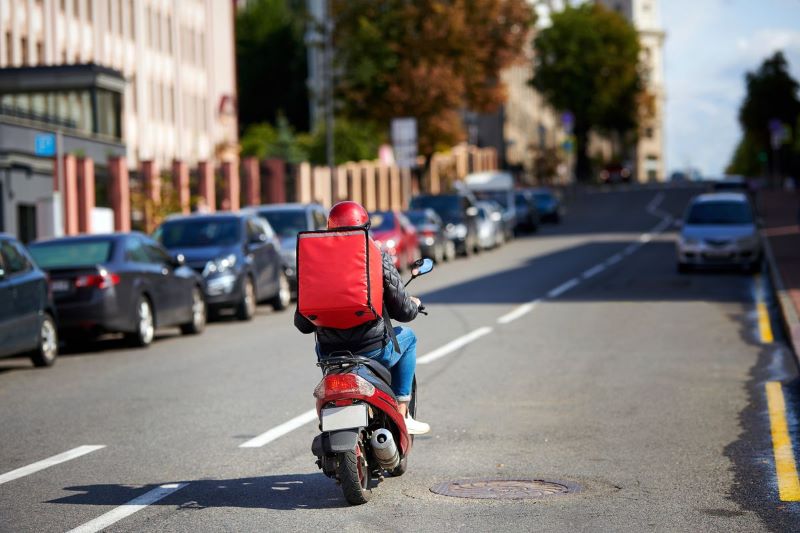Business, Technology
Food Delivery Apps React to Wage Mandates: Escalating Costs and Backlash
Food Delivery Apps are grappling with significant operational changes as cities like New York and Seattle enforce higher wage mandates for gig workers. This shift has sparked a cascade of reactions affecting both workers and consumers
New York City’s Positive Outcomes vs. Seattle’s Backlash
In New York City, where new wage regulations have been hailed for improving worker conditions, Seattle faces mounting criticism and intends to retract similar regulations due to severe backlash from drivers and restaurants.
New York City’s wage regulations boost worker conditions, while Seattle’s faced backlash, prompting retraction plans, according to WSJ Print Subscription.
Challenges for Delivery Companies
Food Delivery Apps companies, reliant on a flexible workforce, struggle to maintain profitability under the new wage benchmarks. New York City now mandates a minimum pay rate of $19.56 per hour for couriers. This change is expected to significantly impact operational costs.
Impact on Orders and Operations
Uber Eats and DoorDash are experiencing a downturn in orders and a decrease in demand across Seattle and New York City, which coincides with the introduction of new fees aimed at meeting higher wage requirements. Analysts are sounding alarms about potential wider implications, as they expect other urban centers to enact similar legislative measures.

Optica Foundation Ends Huawei Partnership Over Funding Dispute
In a significant move, the Optica Foundation, responsible for advancing research in optics and photonics, has announced its decision…
Consumer Reaction and Economic Implications
Consumers are now encountering elevated fees, leading many to reassess their reliance on Food Delivery Apps altogether. With companies adjusting to higher driver wages, the industry expects a subsequent increase in consumer prices.
Regulatory Landscape Beyond New York and Seattle
Ongoing disputes over worker classification in Massachusetts and California are intensifying financial pressures on companies. These legal challenges might increase costs, burdening consumers nationwide. The uncertain outcomes leave businesses and consumers grappling with potential implications. These debates are crucial for understanding their impact on operations and budgets.
Voices from Affected Parties
Drivers and restaurant owners express frustration over reduced earnings and operational challenges. Some drivers have seen significant reductions in their workload and income, while restaurants report declining delivery sales and increased customer complaints.
Policy Debates and Future Outlook
Amidst calls for regulatory rollback and compromises, cities grapple with balancing worker protections with economic viability for delivery platforms. The outcomes in New York City and Seattle serve as a critical juncture in the ongoing debate over gig worker rights.
Get a 2-year subscription to The New York Times and The Economist for unlimited access. Enjoy daily updates from The New York Times, including NYT Cooking and Mini Crossword, and The Economist’s ePaper with insightful financial news from economists Paul Krugman and Joseph Stiglitz.

